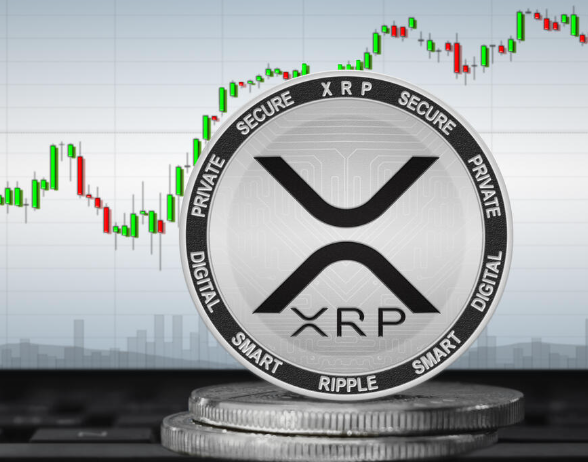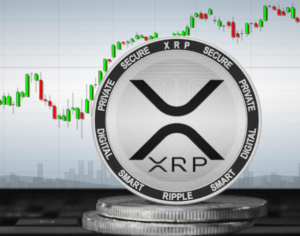#JohnDeaton #XRP #ElizabethWarren #SenateRace #CryptoEndorsements #MassachusettsPolitics #Cryptocurrency #USPolitics
In the unfolding narrative of the Massachusetts Senate race, John Deaton emerges as a distinctive figure due to his strong advocacy for XRP and cryptocurrencies at large. Deaton, facing veteran politician Elizabeth Warren, dives into the political arena with a background that starkly contrasts with his opponent’s. Warren, known for her critical stance on the crypto industry, represents a significant challenge for Deaton, whose campaign lacks the crucial crypto community endorsements often considered vital in leveraging the growing digital currency movement within the political domain.
Deaton’s bid for Senate isn’t just a political venture; it’s a reflection of the broader struggle for cryptocurrency advocacy within the legislative framework of the United States. The lack of key crypto endorsements signals a potential disconnect or hesitancy within the crypto space to fully back Deaton against Warren, who has been vocal about her concerns over cryptocurrencies’ regulatory environment. This scenario places Deaton in a challenging position, fighting an uphill battle not only against a well-established political figure but also within the space he seeks to represent. His campaign thus becomes a litmus test for the political clout and unity of the cryptocurrency advocacy sphere.
The implications of this Senate race extend far beyond the borders of Massachusetts, touching upon crucial debates within the US about the future of blockchain technology and digital currencies. Deaton’s run, characterized by a lack of significant endorsements from the crypto industry, raises questions about the sector’s readiness to support candidates who stand for their interests on the national stage. Such an alignment, or the absence thereof, could sway legislative attitudes towards cryptocurrencies, potentially influencing future regulations that govern the crypto market.
As the race progresses, the crypto community’s attentiveness to Deaton’s campaign and its outcomes may well determine the vigor and strategy of future political engagements and endorsements in the sector. Should Deaton manage to secure a more substantial backing or somehow bridge the endorsement gap, it could signal a turning point in how the cryptocurrency movement leverages political platforms. Conversely, his struggles highlight the challenges cryptocurrencies face in gaining mainstream political acceptance and support, underscoring the ongoing tension between innovation and regulation in the digital age.







Comments are closed.